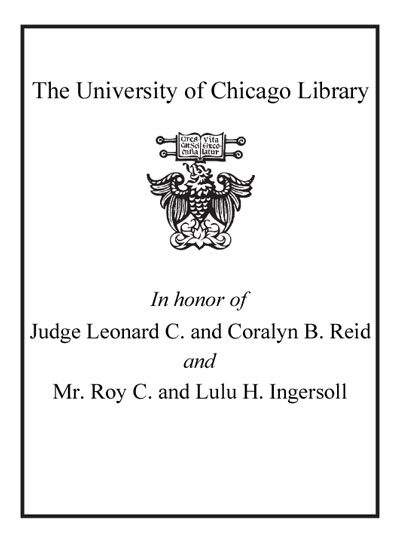| Summary: | In the last two decades, the study of social stereotypes and prejudice has become one of the central interests in social psychology in particular. One reflection of this growing interest is the focus on shared stereotypes and prejudices. The primary reason for this development is the recognition that stereotypes and prejudice play a determinative role in shaping intergroup relations. In situations of conflict, they are simultaneously outcomes of the accumulated animosity between the involved groups and also feed on the continuation of the conflict by furnishing the cognitive-affective basis for the experienced mistrust by the parties. In spite of this recognition, no systematic analysis of the stereotypes and prejudice was carried out in real situations. This book tries to rectify this by applying a general and universal conceptual framework to the study of the acquisition and development of stereotypes and prejudice in a society involved in an intractable conflict.
|
|---|

